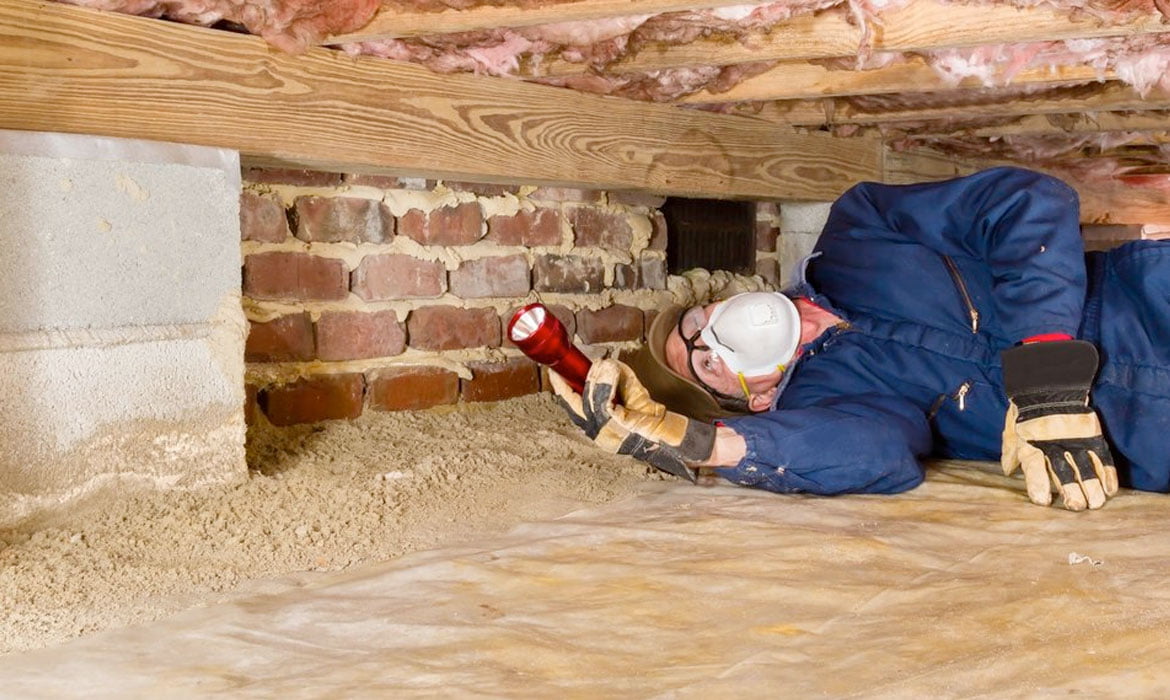
Many homeowners may be tempted to skip the step of a home inspection when they’re purchasing a new house. This is understandable — the process of buying a house is expensive and most people want to cut costs wherever they can. However, having a home inspector look at a prospective house before you buy it is well worth the money. Let’s look at some of the reasons why.
Contingency Clauses
Many contracts contain home inspection contingency clauses — these allow buyers to back out of a purchase with no penalty within a certain time frame, if significant issues are discovered in the building during a home inspection. If a home inspection isn’t performed, new homeowners may miss significant issues that only a professional would be able to spot. Weeks, months, or even years after the home has been purchased, these issues will eventually come to light and could cause damage or require significant renovations. These repairs will cost a lot more than a home inspection, and buyers may be left with feelings of regret if their dream home isn’t everything they thought it would be. Being proactive and having a professional look through the house before a purchase is the best way to prevent this.
Preparation
Not everything that a home inspector uncovers will be a significant problem. They may also come across minor defects or items in the home that will need some repair or maintenance. This is important information to have before purchasing a house because it allows buyers to predict what some of the upkeep costs will be. If the selling price of a house leaves buyers unable to afford necessary repairs, it may not be the right home for them. If they can afford repairs, having a home inspection allows them to
budget for this and avoid any unpleasant surprises.
How It Works
A professional home inspector will examine the entire house, inside and outside. The outdoor inspection will include looking over areas such as the garage, foundation, grading, exterior walls, and roof. The indoor inspection is more extensive and includes checking the quality and function of many elements including:
- Plumbing
- Wiring
- Heating and Air Conditioning
- Appliances
- Ventilation
Most home inspectors will also consider fire safety during the inspection, making sure that all smoke detectors are functional and any other fire safety standards are being obeyed. However, a home inspection is not completely comprehensive. For example, a home inspector won’t look inside pipes, up chimneys, or in walls. They may not be able to catch specialized problems such as termites or mould, but can usually point to general signs that pests or mould might be present. After a home inspection has been completed, buyers can decide what to do with the new information. If there is a contingency clause in the contract, they can choose to back out of the sale. They can also ask the seller to make necessary repairs, lower the selling price based on the inspection results, or provide the buyer with a cash credit upon closing.
Overall, although it is understandable that new homeowners are eager to sign on the dotted line, steps like a home inspection and a walk-through are important in order to ensure confidence in the purchase of a new home. Although home inspections are an additional cost, they can actually save buyers money in the long run by reducing the amount of money they will have to spend on repairs.
Are you ready to start searching for your dream home? Contact one of our knowledgeable Agents to start the process today.
Contact a Locations North REALTOR® today!
Looking for an experienced REALTOR® that specializes in the local real estate? At Royal LePage® Locations North we are focused on helping you unlock your future.
